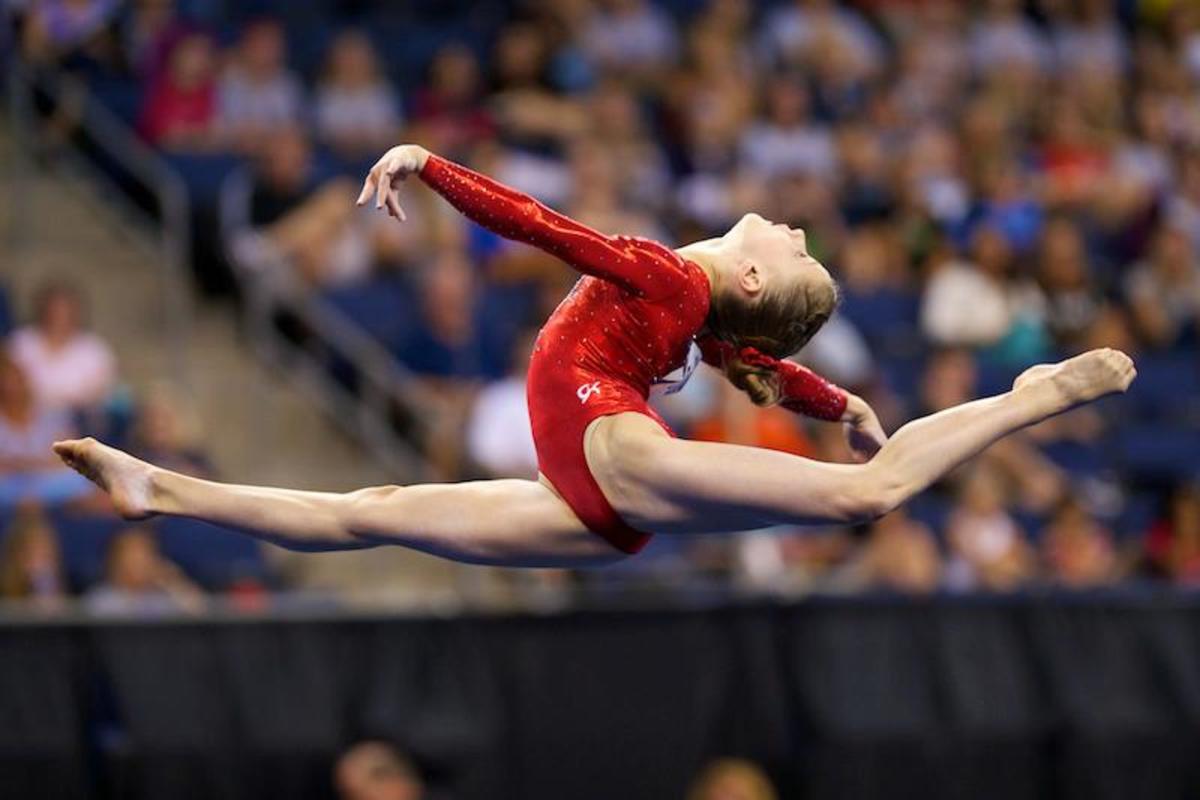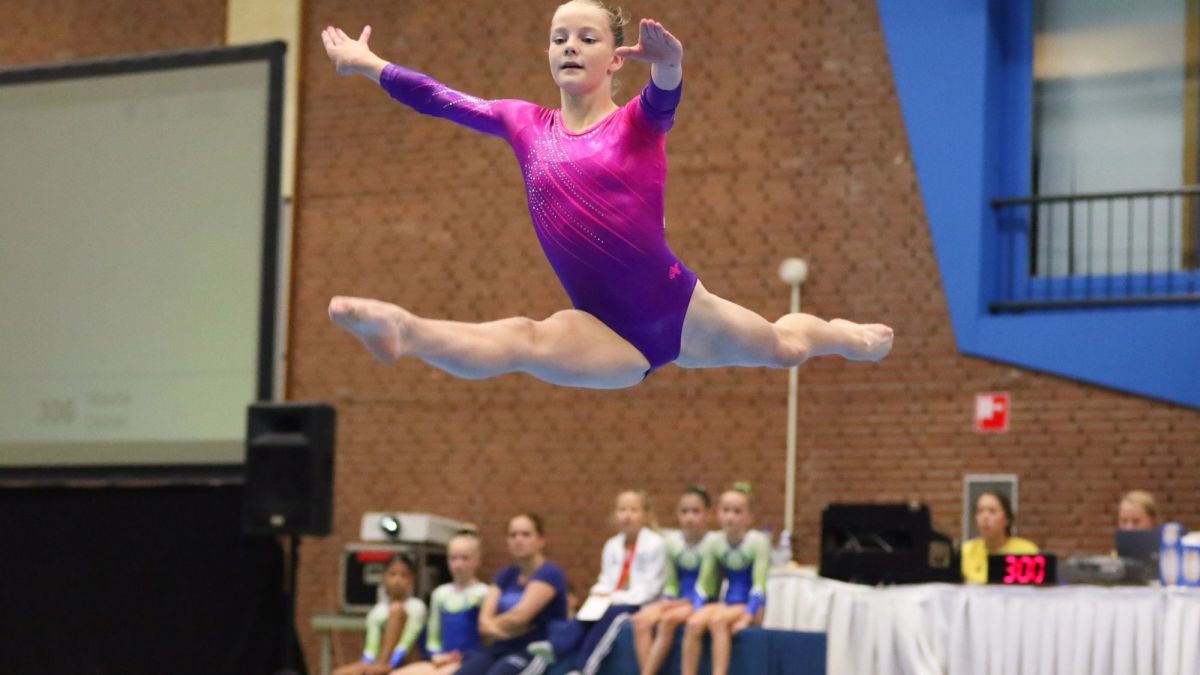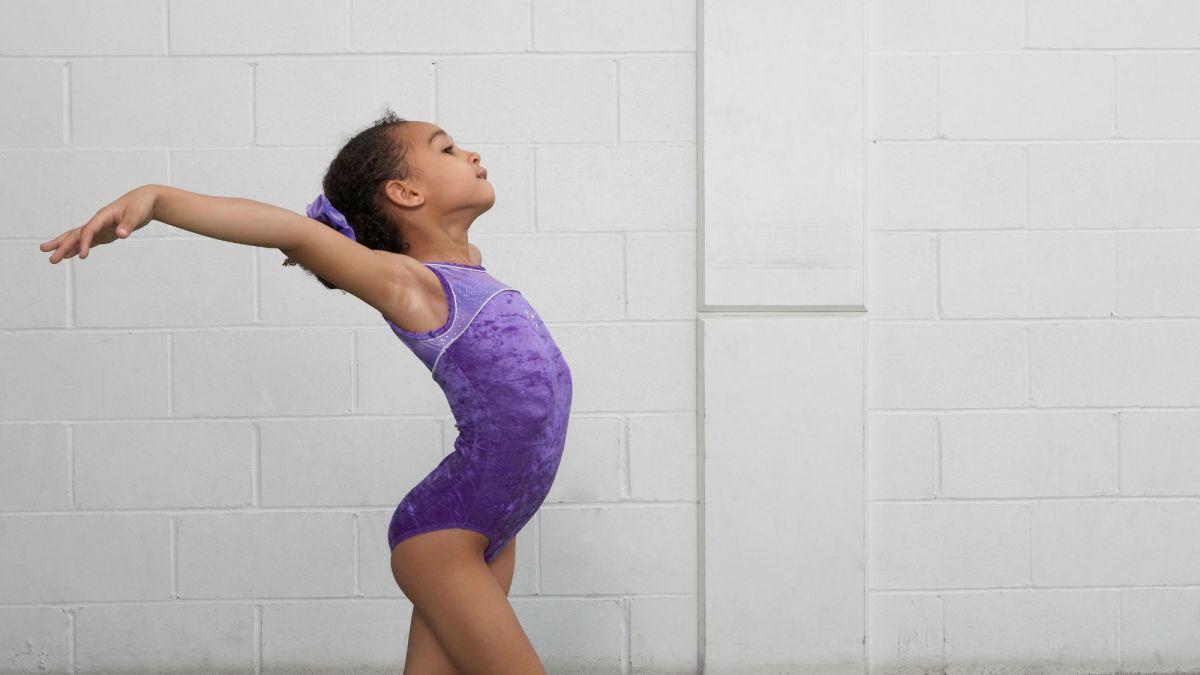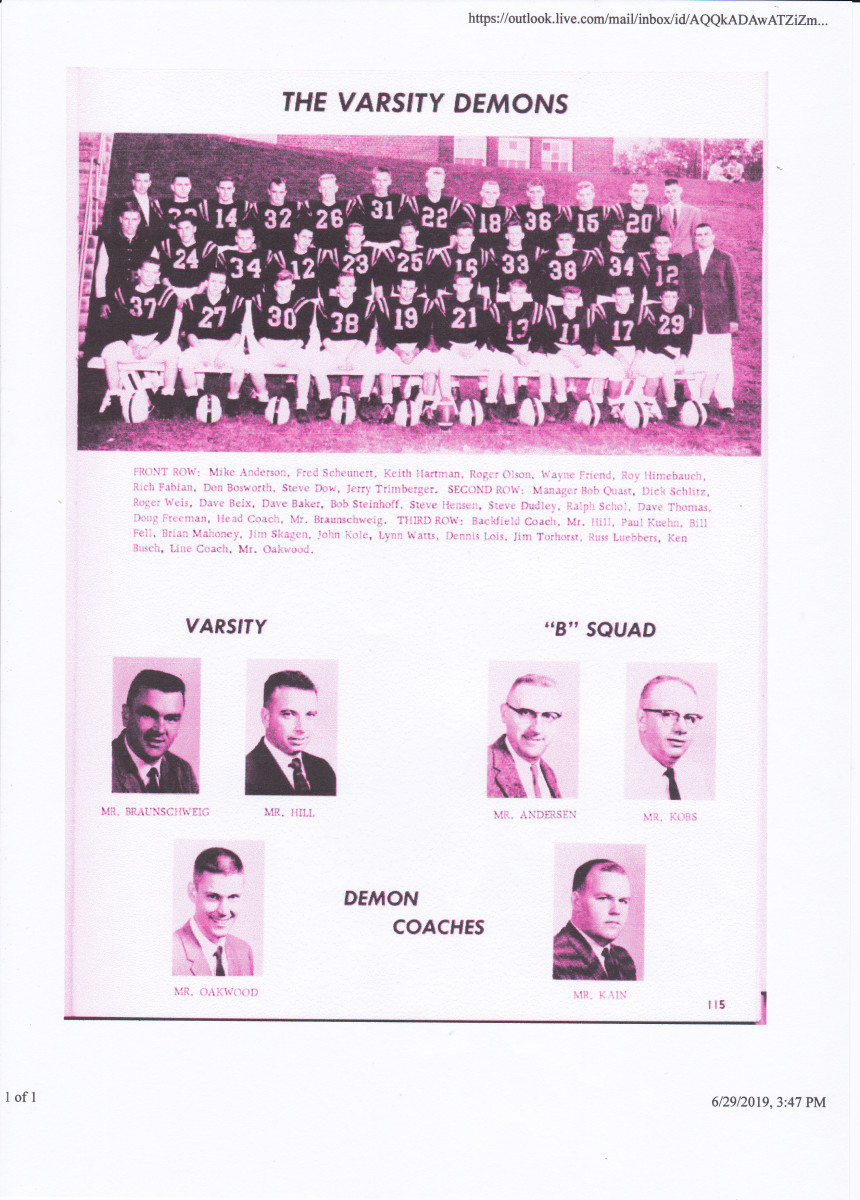Teaching a Positive Nature to Children in Youth Sports

Why Sports?
At any given time, there are more than 50 million children that participate in youth sports on a regular basis. This population is the building blocks of our future generations. Why is it that so many children want to be involved in sports? Studies show that the number one reason a child begins a sport is because it is fun. However, the number one reason children quit sports is because it becomes more work than fun, and they are placed in a position of pressure rather than progress. In my 25 years of coaching gymnastics, I have seen many students become overwhelmed with the pressures of gymnastics either because of over zealous parents, a lack of ability to process and deal with conflicts or simply because of coaches who don't understand the need to develop the necessary life skills needed to be successful in sports. Whatever the reason, if we are going to keep our kids involved in fitness and sport, we must understand the mindset of our athletes and learn to build them into adults that are healthy and happy in their self-image, leadership, confidence and moral character.

First Impressions
Most early age sports programs are introduced during the spring or summer as part of a recreational league of some sort. They are usually coached by moms or dads of the participants, who often have little background in child development, and were likely the only person who volunteered when the request for coaches was made. These programs are, very often, a child's first experience with competition, sports, winning, losing and playing a game. These first experiences can lead a child to stick with a sport later in life, or it can completely turn them off to sports in general, depending on how positive or negative the experience is for them. Although it is not always the case, many times, because of the lack of training and background, "parent coaches" can be very detrimental to the child's experience. Children simply want to play the game. At this point in a child's life, its not about winning. This crucial stage of their development opens up huge opportunities for adults to mold them into having a very healthy view of winning and losing. It is imperative that the adults participating as coaches are aware of this opportunity, and take steps to create performance versus outcome perspectives in our children.
- Positive Parenting Solutions
Online education to find positive solutions. - Kidzmet Community for Teachers and Coaches
A place to get information, training and advice on coaching and teaching children.
Creating Small Successes
For instance, in gymnastics, children have to work for many months to achieve mastery of a skill. I will use a cartwheel as an example. A child may do hundreds of cartwheels over the course of several classes to try to get straight legs, pointed toes, reach the vertical position during the kicking phase and other factors that are considered to be needed for a successful cartwheel. After each class their parent may ask them, "what did you learn today?" The athlete will then say, "I'm STILL working on my cartwheel." However, what if a coach took a very different approach and decided to turn each step of a cartwheel into a skill in itself? By breaking the cartwheel down into small achievable parts like, the donkey kicks for kicking, the monkey rocks for weight transfer, the windmill kicks for lateral comprehension and many other things, a child's perspective of the situation will dramatically change. When a parent asks them what they learned in class today, the student's response will be much more positive, "I learned my monkey rocks today!" It will still take them the same amount of months to actually get the cartwheel, but if the small parts are treated as skills too, then the student feels accomplished and successful along the way. They are able to feel as though they improved and learned something each week. This way of coaching creates the positive, performance perspective that children need to stick with a sport over the long haul. This type of positive coaching style can be transferred into any sport. Every movement can be broken down into achievable steps to increase a child's feeling of success, and each movement can be named to give a child the perception that it is a skill within itself, rather than a lead up to a bigger skill.
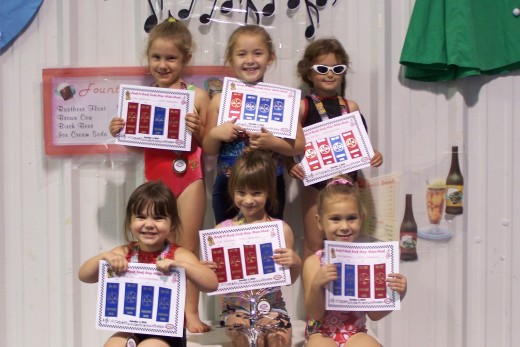
Learning to Play the Game
Regardless of what coaching style is used in any youth sports program, it is necessary to keep in mind that teaching a healthy winning versus losing perspective is crucial. There are always going to be better athletes or better teams, and losing will happen. By teaching children that winning and losing are a part of life, then we are preparing them for the world of adulthood. Many sports programs have become so caught up in making every child a winner, they have forgotten that, in life, every adult is not always a winner. If the goal of sports is to teach life skills to children, then we must include a healthy dose of losing in the mix of lessons to be learned. The idea should be to let all children "play the game" and learn how to achieve success within themselves regardless of the outcome of the game. Win, lose or tie, children must be taught to face it with dignity and honor, and they should all be given the opportunity to contribute.



